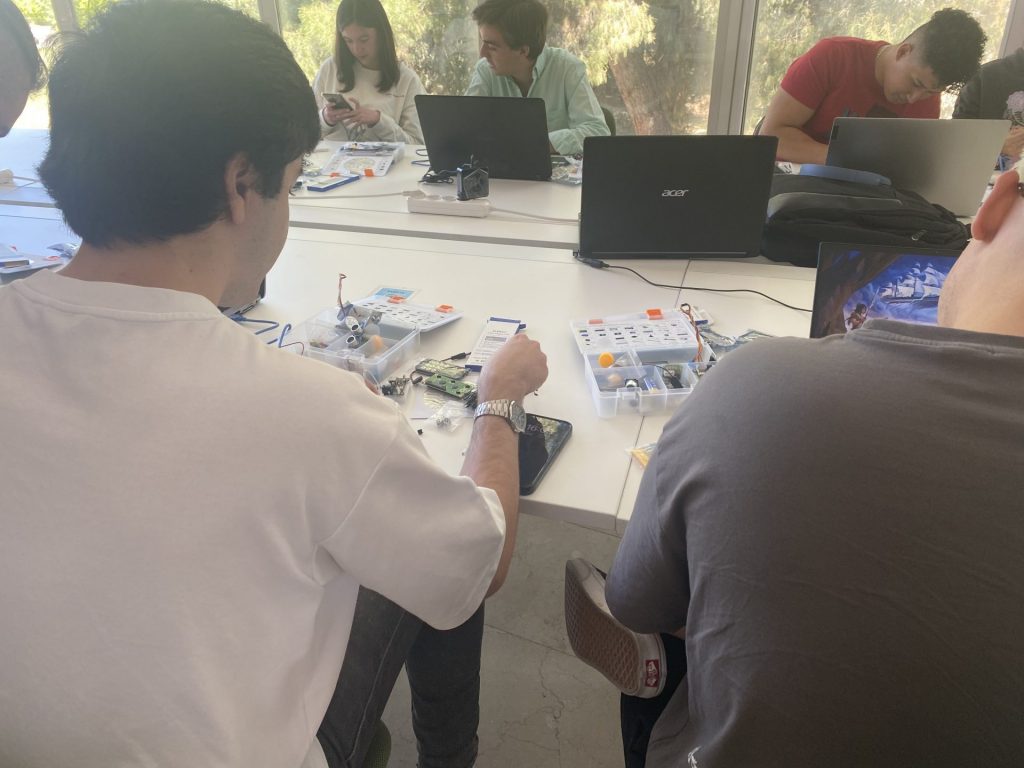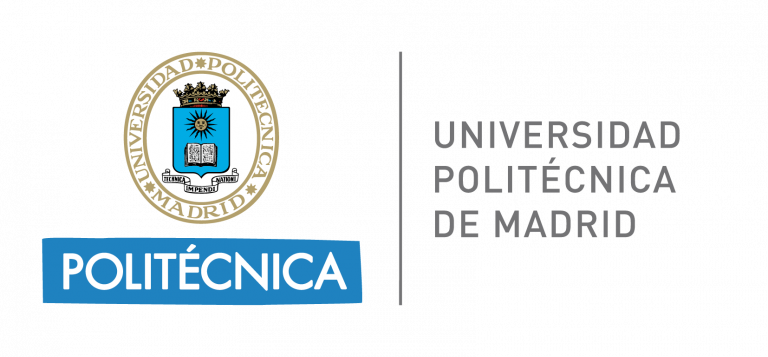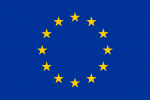On the 18th and 20th of April, the Polytechnic University of Madrid held its inaugural workshop for practical activities linked to its citizen science hub. The workshop brought together 30 students with a range of different skills to collaborate on creating an energy sensor using Arduino technology. This sensor will enable participants to record their own habits related to heating, cooling and lightning needs. Over the next two weeks, participants will track their habits with the built sensor.

At the end of this two-week period, all participants will reconvene for a final workshop where they will share and analyze the data they have collected. This will allow each participant to not only become aware of their own attitudes and behaviors but also to compare and contrast their habits with those of their peers. Through this process, participants will be able to identify whether their behavior aligns with the general trend and reflect on the underlying reasons for any differences.
This citizen science initiative continues a series of monthly workshops, contests, and activities started in March with the open dialogue “Climate Change and Energy Crisis” which was attended by 70 students. The overarching objective of these events is to increase awareness among young people about their own relationship with energy use through various activities. It is anticipated that around 1,000 people will participate in some of the planned actions over the next 12 months.
[1] Arduino (/ɑːrˈdwiːnoʊ/) is an open-source hardware and software company, project, and user community that designs and manufactures single-board microcontrollers and microcontroller kits for building digital devices.




